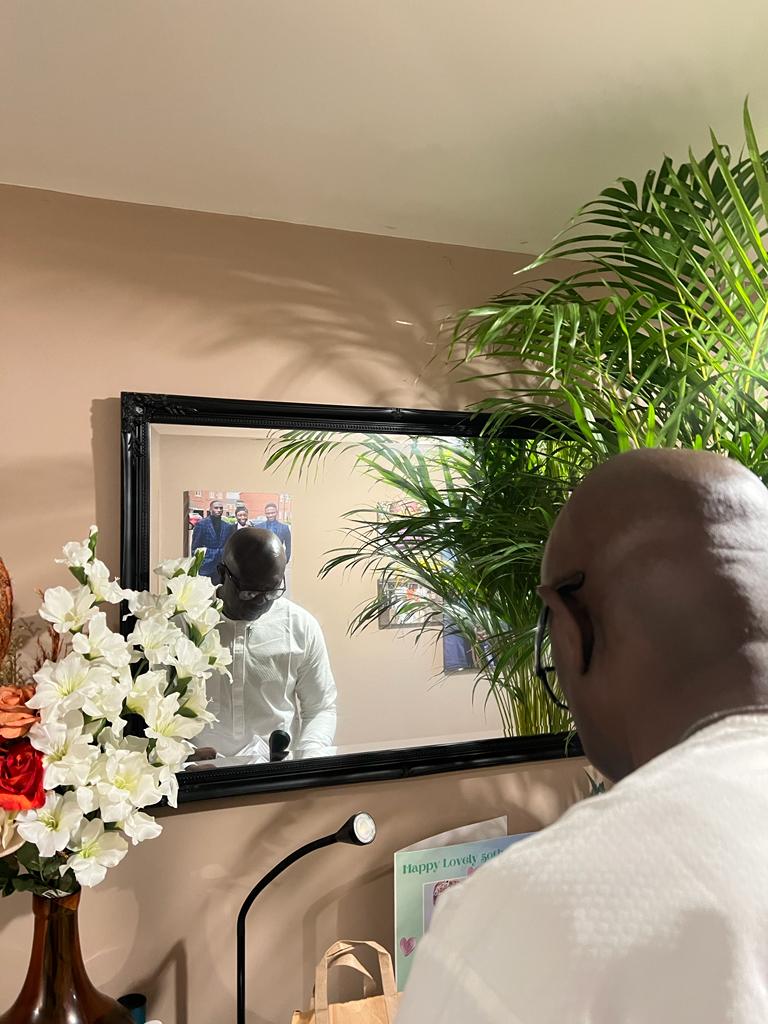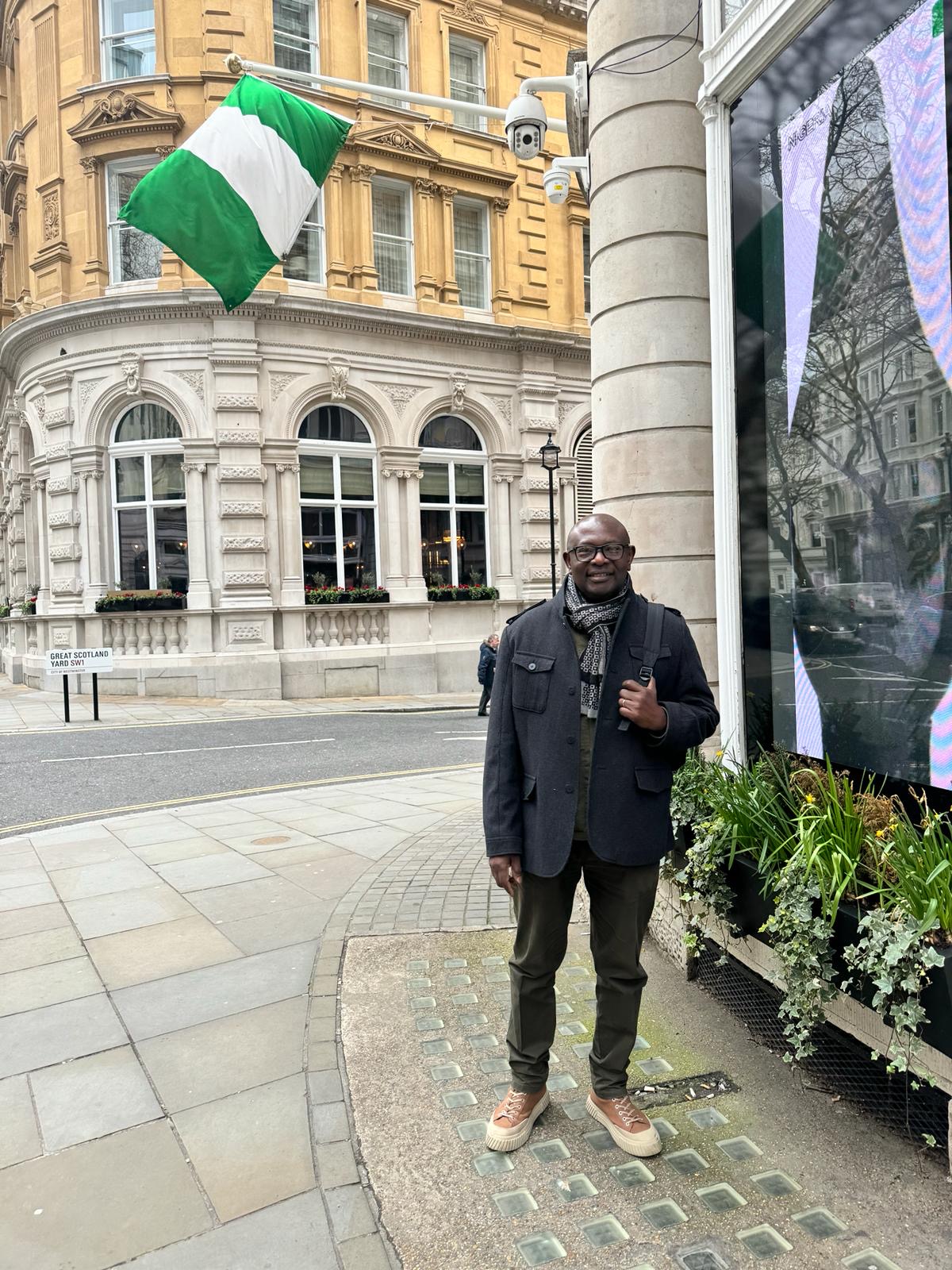by Mo Babajide-Alabi
Almost all readers of this blog have heard the jargon “black church” before. We probably, at one point or the other, have used the words in conversations with friends, colleagues or family members. When we use these words, we rarely realise that they might be derogatory and not really helping the propagation of the message of Jesus Christ.
We all know the meaning of “Black Church” and I am sure we can guess the history. However, what is worrisome right now is how commonly used the words are in the British mainstream Christianity. Sometimes ago I was commissioned by a charity organisation to do an article on the black church phenomenon in the United Kingdom. The brief was to evaluate why the population of the black church has primarily refused to change in a growing and diversified society. That is to say in essence, why are all black churches still black?
The brief was so straight forward, but it was the first time I ever gave a deep thought to describing my church as a Black Church. I must confess, I have been hearing the word ” Black Church” for what seemed like an eternity now. But it had never hit me like it did on this occasion, which somehow incited a little anger in me.
Tracing the genesis of this word, we are taken back to the advent of black populated churches in the UK. Early at the turn of the decade, there was an explosion in the number of churches established and led by coloured people. While this explosion came as a surprise to the establishment, they could not grasp the idea of this new wave of Christianity in the UK. Rather than accept the vibrancy of the new churches, influenced much by the cultural background of the coloured people, they split the church down the middle, and came up with the term “black-led churches”. But unfortunately, there was no tag for the “white-led churches” as they were accepted as the face of Christianity.
It was an easy way for them to label and differentiate the solely white Churches from the new generation and sometimes, to them, “riotous” black churches.
In the middle 2000s, churches such as KICC, RCCG, Winners Chapel, Christ Chapel etc strategically went into massive church planting and this brought traditional British people in contact with this new form of Christianity. Majority could not accept this Pentecostalism that was imported from Africa, and now visible in every corner of all UK cities. And this marked the advent of the “black church” label.
Now let’s flip the coin. The church, as represented by our Lord Jesus Christ is supposed to be colour blind, preach same gospel with the message of repentance, salvation, and eternity. The church is built on the words of Jesus Christ as detailed in the Bible. The bible is universal. The stories are same, no matter the language it is written in. Therefore, the church should be one. You will agree with me, this is the church of God.
In Mark 16:15 “And he said unto them, Go ye into all the world, and preach the gospel to every creature”. In like manner, Romans 12:4-5 says “For as we have many members in one body, and all members have not the same office: So we, being many, are one body in Christ, and every one members one of another.”
But is this the reality? Some of us have worshipped in white-only churches before. I remember the winter of 2004 in Edinburgh when my wife and I decided to start attending the Church of Scotland, which was a stone throw away from our house. Commuting to our Kenyan-led church address became a challenge because of the ages of the children, the weather and the distance, so we felt attending the white dominated church would be a wise decision. This was the era when there was no RCCG or Winners Chapel in Scotland.
We were such a sight on our first entrance to the church. We tried as much as we could to blend in, but it was an exercise in futility. The kids were quick to adapt because most of their school mates attended the church, so it was a playground for them. For us, the parents, we queried our presence in the church many times.
We stood out like a sore thumb and we never really blended in. I guess many of us have also been in this situation before. We could not relate with the songs, nor their stories. We no doubt were alienated. It was on the basis of stories such as these that black churches have attracted more blacks. The white churches, in the past, were comfortable worshipping only within their own cultural setting and any difference in styles were not truly accommodated. There was no REAL effort to cross the divide. No matter how much we tried we could not fit in. The gospel was not inclusive and accessible to everyone, rather it was exclusive and accessible to only a selected few they were comfortable with.
Galatians 3:28 says, “There is neither Jew nor Gentile, neither slave nor free, nor is there male and female, for you are all one in Christ Jesus.” The simple meaning of this verse is that our differences are not what should define the children of God. Those who belong to the Lord Jesus should first define themselves as God’s children.
But wait a minute! The Black church of today are not different from the White church of the 90s or early 2000s. This reality got to me sometimes ago when I was trying to analyse why the odd white persons we see come around to our services once in a while don’t have a repeat visit. Have we as “black church” been too carried away that we have failed to realise we might not be as inclusive as Jesus would want?
A look at the membership of the RCCG across the UK reveal the church is principally populated by Nigerians. Why has the church not been able to break into the local community the parishes operate in. While I believe in the fact that it is the Almighty Father that draws people to His church, I also subscribe to the reality that we have to take our destinies in our hands.
Are RCCG and other black churches unconsciously alienating themselves in the Christian journey in the UK? Everyday we hear the phrase that the west brought Christianity to the African continent, but right now we are exporting it back to them. But to be honest, can we say we have brought Christianity back to the west? I will say NO.
We have succeeded in replicating how an RCCG church would operate in Maiduguri in a UK city. We sing same set of songs, do everything the same way. This has impacted massively on the diversity of the church. While it is convenient and suitable (or familiar) for a Nigerian or Ghanaian settled or just arrived in the UK to find a home in any RCCG parish, it is a big task for the locals, in whose society we operate. No matter how hard they try, they struggle fitting into our churches.
How do we get the numerous unchurched people around our location to church? How do we get them to integrate in our churches? It will take a bit of effort, but with the help of God we can achieve this. We have to engage the people living in our local community and the way we can do this is to take the church to them. I believe the first step is to concentrate our evangelism efforts more on the locals than far off. How can we bring them to Jesus, rather than wait for Nigerians who will walk in because they needed people to identify with?
To achieve diversity in RCCG or generally in the black churches, there is massive amount of work to do. But we have to start from within ourselves as members of the black church. The first step is to get out of our comfort zone. Comfort zones restrict views and limit growth.
As members we can become cross cultural ambassadors for the church. It is so simple. We can reach out by inviting people of another race (maybe neighbours, or colleagues) to our services.
In our roles as Christians and workers in God’s vineyard, what are we doing to encourage diversity?
2. How many times have we spoken about Jesus Christ to our white neighbours that wave us bye every Sunday morning? What about our white colleagues at work? Have we ever found a way to tell him/her how blessed we are every time we come to church?
3. Make a conscious decision that when next we go on evangelism, either in the city centre or on campus, we will not hand out leaflets to black folks only. The kingdom of God is for all.
4. When a white person or someone of another race walks in to the church, how enthusiastic are we to tell them more about the blessings of fellowship with believers?
5. A conversation about our Lord Jesus Christ with someone from another race can change the perception that black churches are black churches. If they know what we do in here, they will identify more with us. But when they live in mere perception, they can never change.
6. Do you have ideas that can bring about community involvement?







